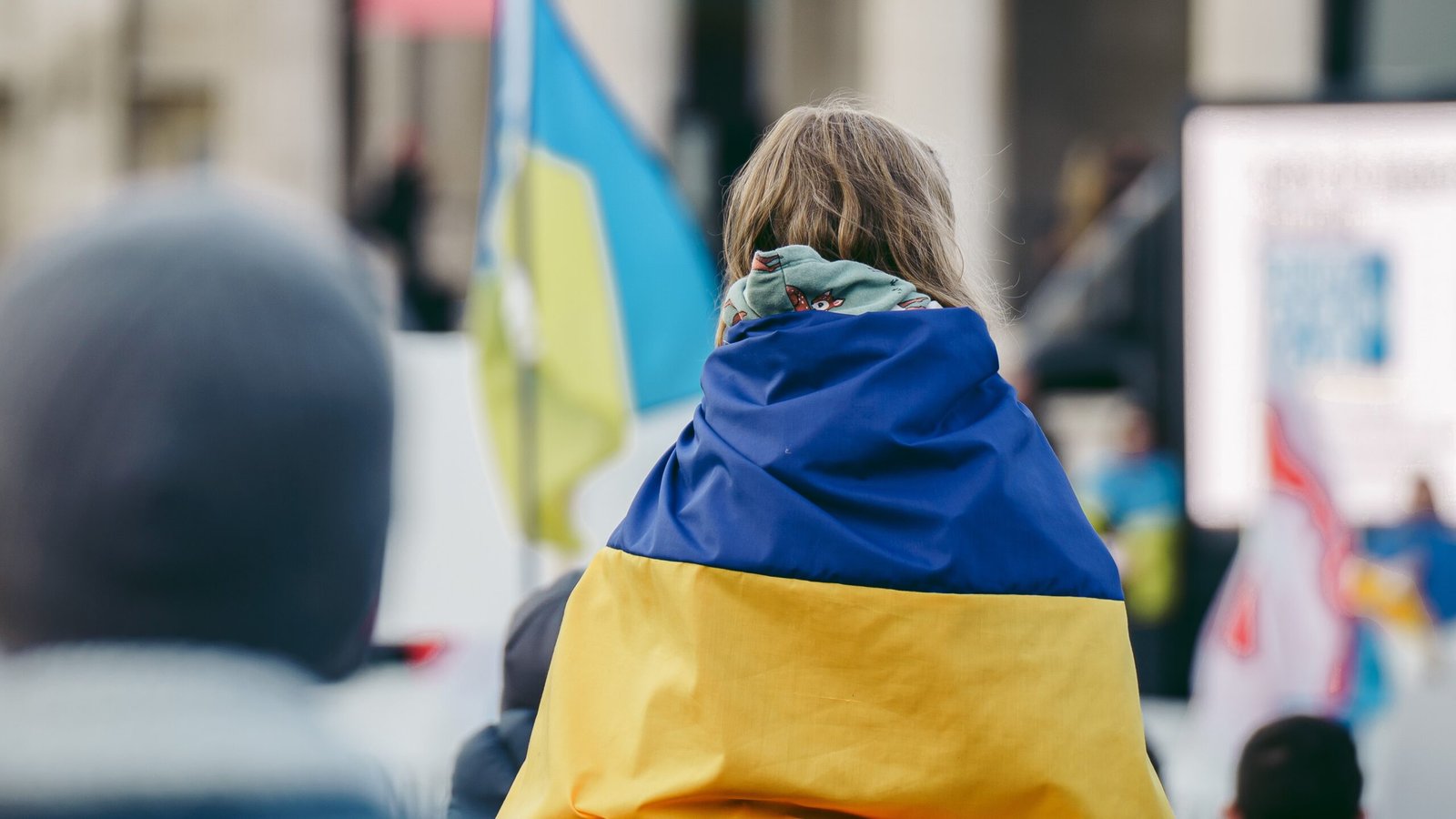The war in Ukraine is likely to develop into a new, more acute phase as Britain, the United States, Germany, and other western countries are not committed to sending modern battlefield tanks to Ukraine.
The civilians in Ukraine continue to suffer the consequences of this horrible war and among them – the children of Ukraine – are the most vulnerable.
Our project offers support for the most at-risk Ukrainian children who are stuck with the war, take a look: https://helpchildreninukraine.org/
In our previous piece of research, we discussed the huge issues Ukraine had with at-risk children and in particular the issue of juvenile justice. There are 20,000 children (under 18) who are convicted in Ukraine each year (before the war statistics).
The highest growth of criminal behavior among minors nationwide is recorded in Kirovograd, Kyiv, Zhitomir, and Poltava regions. Out of these 20,000, approximately 3,000 minors aged 16 – 18 are imprisoned annually. About 9,000 minors are found guilty and sentenced to a certain amount of penalty without actually going to prison unless found guilty again (which means “convicted conditionally”).
Since there is no system of follow-up justice or rehabilitation (as there are no juvenile justice caretakers/youth social workers trained to follow up on such instances), these 9,000 youth: 1. feel no actual punishment has resulted after their crime prompting many to pursue a criminal activity, 2. no social workers rehabilitate them – – such youth are left to themselves in the same surroundings/settings and thus, are very likely to commit a crime again – – as stated above, in previous years – 55% of them did! The most “popular” (in about 80% of cases) provision of the judge after the court hearing is “return the child to the strict supervision of parents”, while it is the problems in the minor’s family, or at least improper family upbringing are most likely the reason the minor committed the crime in the first place.
Such decisions can be explained by a lack of specific education among judges as to juvenile justice, absence of court juvenile caretakers, and lack of rehabilitative institutions – – in Ukraine, there are 11 schools of social rehabilitation for juvenile delinquents aged 11 to 14 that house only 575 youth in the nation. There are only three professional technical schools of social rehabilitation for youth aged 14 to 18 (two for boys and one for girls), which currently house 435 juvenile criminals in the whole country! The rest of the sentenced youth stay in colonies for juveniles – – regular prisons for minors. The number of children who have committed serious crimes (killings, group robberies, rapes) among these youth has been growing in the last 3 years, a new development in Ukraine.
Naturally, children from dysfunctional families are the most frequent “guests” in these facilities. The level of literacy/education among such youth rarely corresponds with the educational norms for their biological age. The living conditions in most colonies for juveniles are significantly below the norm. The funding levels are not sufficient; there are no appropriate conditions for studying and gaining professional skills. Medical care is also below the required standards.
Services for minors, part of the local executive branch responsible for monitoring deviant behavior among youth, are staffed at 50.9% of the level of need. The worst situation is reported in Chernivtsi, Rivne, Ivano-Frankivsk, and Zakarpattia regions. Similarly, social services for youth and families are staffed at 49% of their needs. Here the issue is most acute in Kirovograd, Kherson, Kyiv, Volyn, Zakarpattia, and Sumy regions of Ukraine.
Further changes in juvenile justice legislation are needed, however, the current war with Russia is reducing the chances for any political and legislative reform. Our team of children’s services professionals continues to monitor the situation with disadvantaged children in Ukraine. Please take a look at our sponsorship initiative to help the most vulnerable children in Ukraine.
